A recording of the opening lecture for the Institute for World Literature, Harvard, July 2016
A re-examination of “Lyric” as occasion as well as genre. Central questions to be explored will include: how do the “lyrics” of composed song come alive in performance? For example, how do the two librettists of Puccini’s opera La Bohème contribute to the making of a masterpiece in song? Shared readings include The Lyric Theory Reader: A Critical Anthology, edited by Virginia Jackson and Yopie Prins.
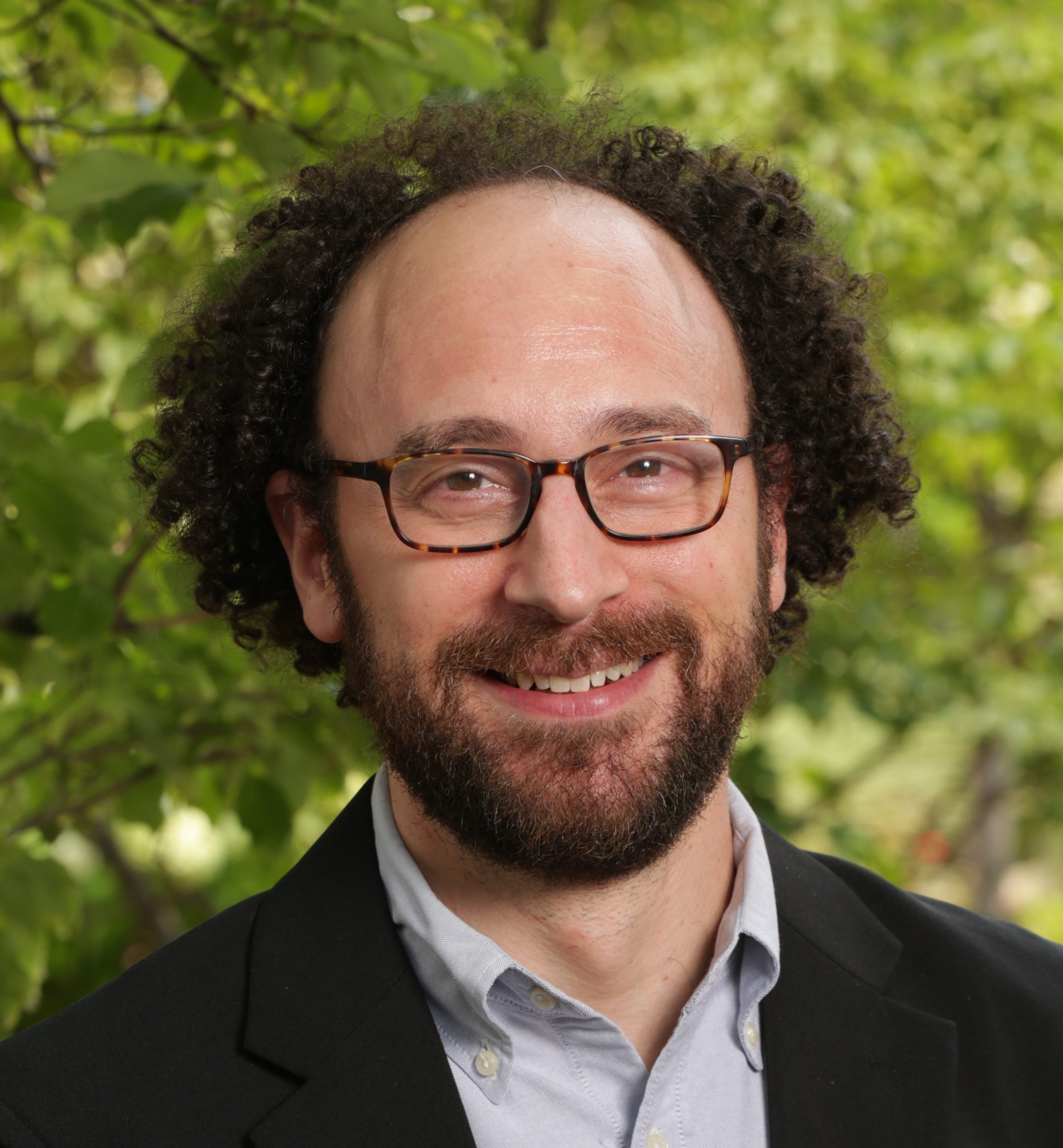
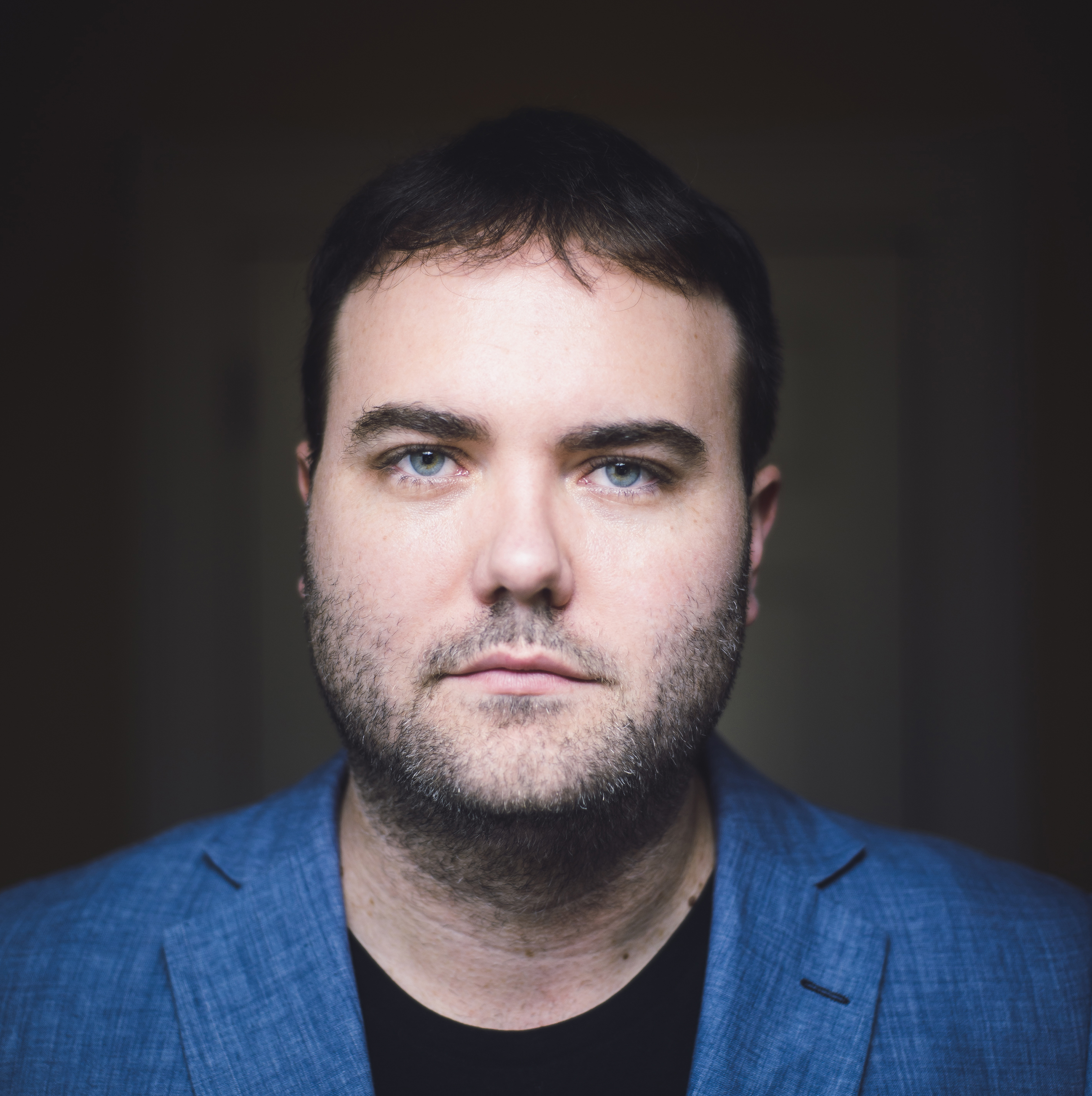
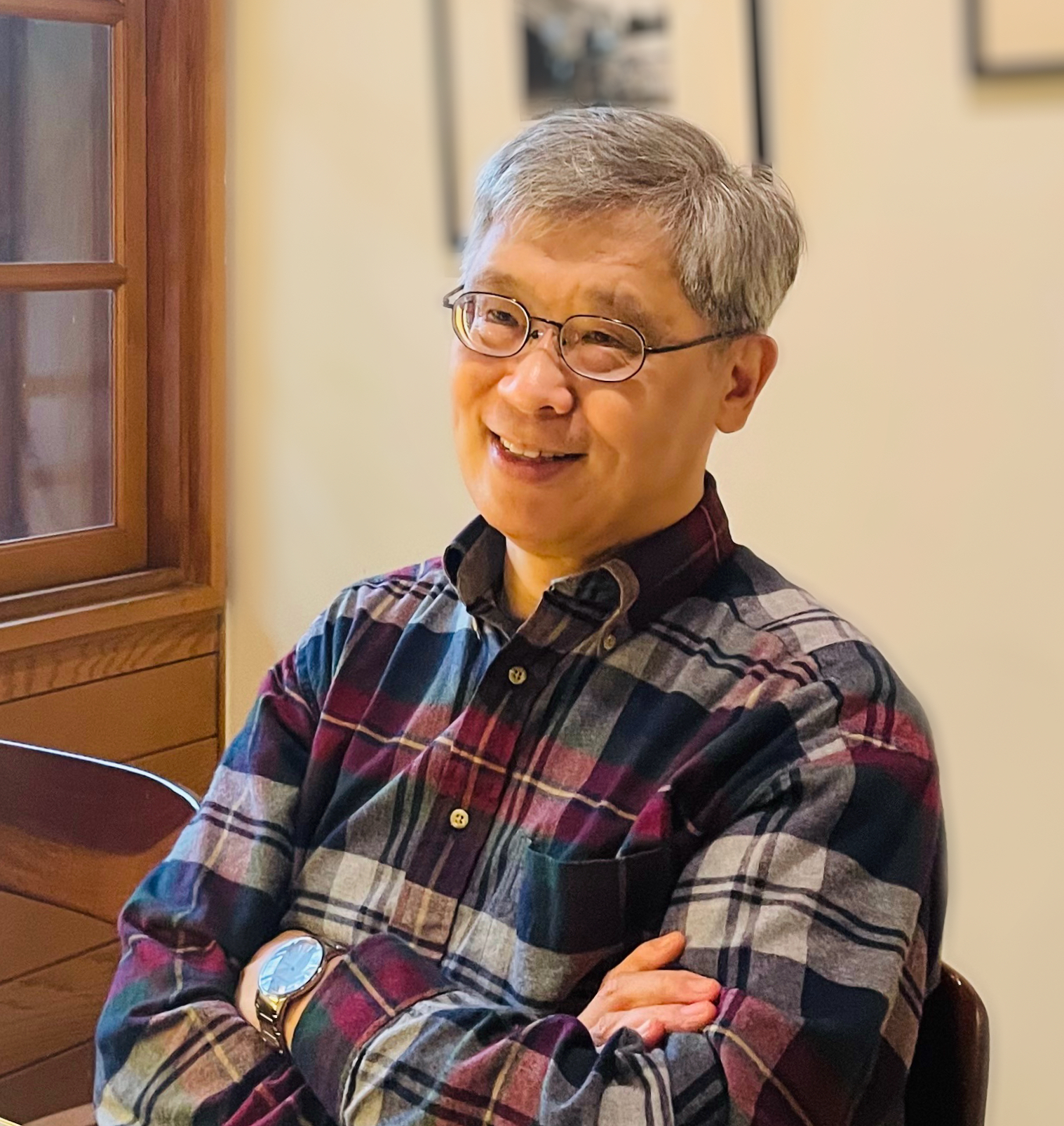
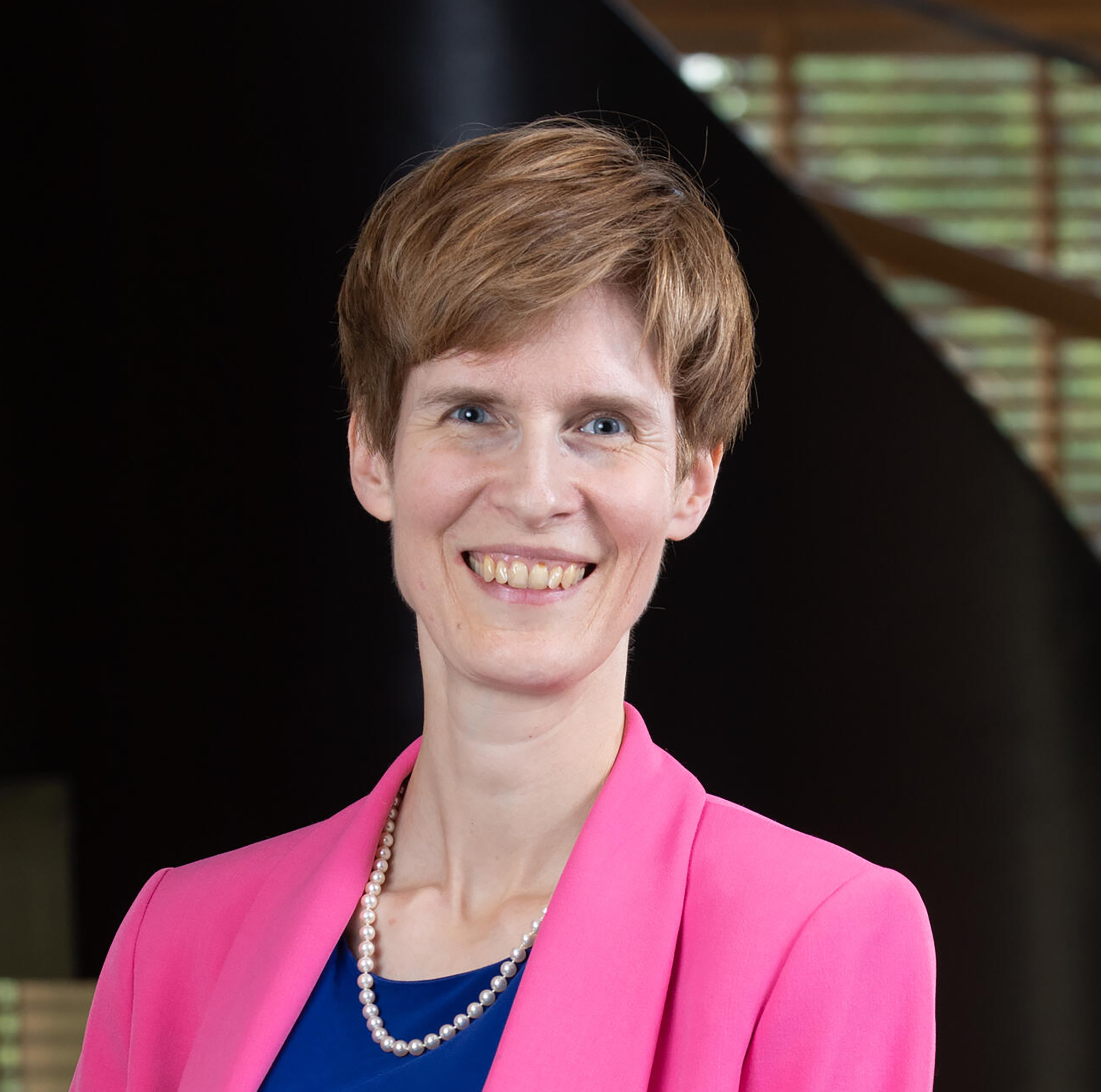
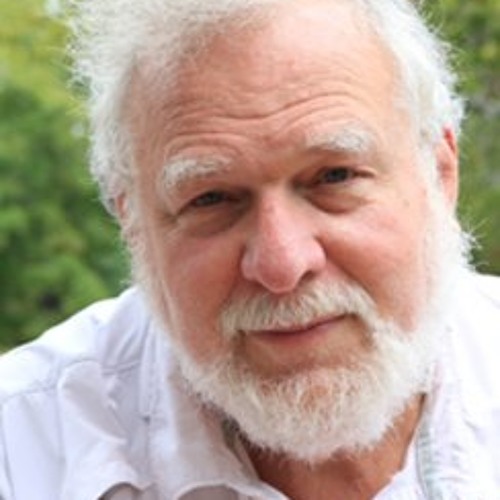
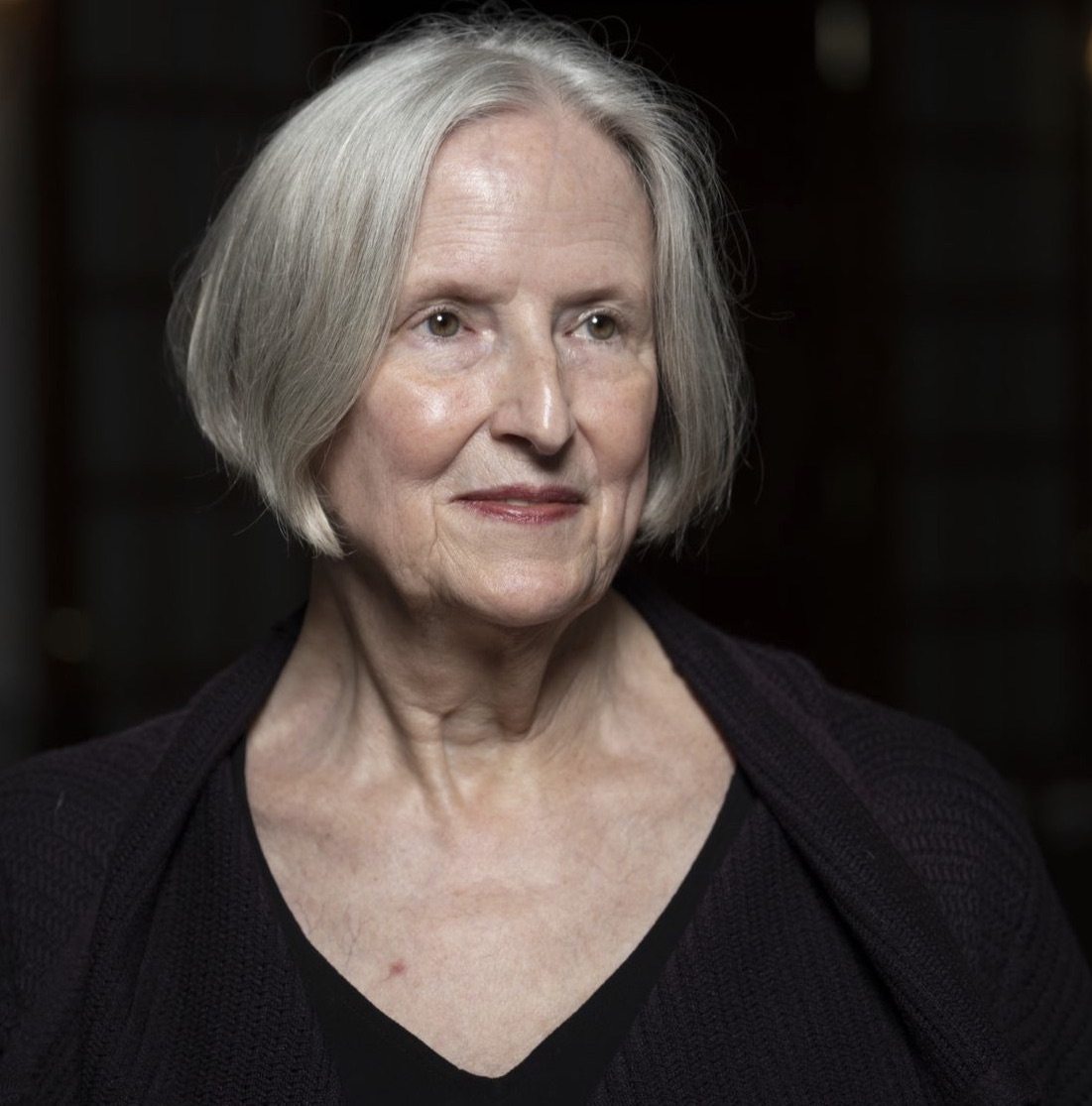

Founded as a graduate program in 1904 and joining with the undergraduate Literature Concentration in 2007, Harvard’s Department of Comparative Literature operates at the crossroads of multilingualism, literary study, and media history.
© 2023 President and Fellows of Harvard College
Sign up to receive news and information about upcoming events, exhibitions, and more